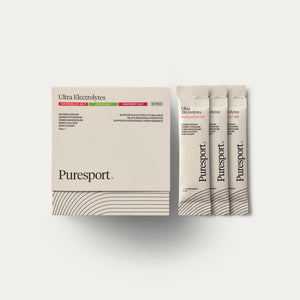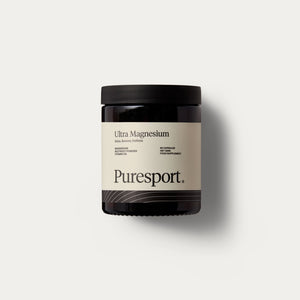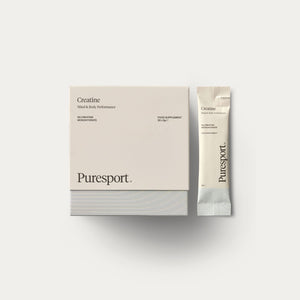When it comes to running, most advice focuses on “drinking water.” But for runners aiming to perform at their best, water alone isn’t enough. Electrolytes for runners are the often-overlooked hero of hydration, playing a crucial role in sustaining performance, preventing issues, and supporting recovery.
Discover why electrolytes matter and how to integrate them into your running routine for optimal results.
What Are Electrolytes and What Do Electrolytes Do for Running?
Electrolytes are minerals with an electrical charge, including sodium, potassium, calcium, magnesium, chloride, and phosphate. These minerals are essential for runners because they:
- Regulate Fluid Balance: Electrolytes control water distribution inside and outside your cells, helping you stay hydrated and preventing dehydration.
- Transmit Nerve Impulses: They enable electronic signals from your brain to travel to your muscles, ensuring smooth and coordinated movement.
- Support Muscle Contraction: Electrolytes like sodium and calcium trigger muscle contraction, while potassium and magnesium help muscles relax, reducing the risk of cramps.
- Maintain Heart Function: They are vital for a steady heartbeat and overall cardiovascular health.
- Balance pH Levels: Electrolytes can help regulate your body’s acidity, keeping your internal environment stable.
For runners, maintaining the right balance of these minerals is key to peak performance and quick recovery.

































































